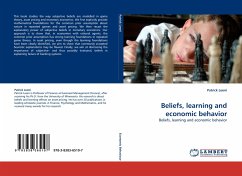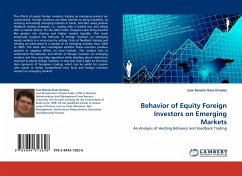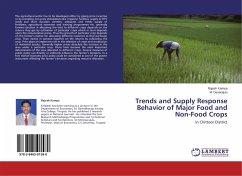This book studies the way subjective beliefs are modelled in game theory, asset pricing and monetary economics. We first explicitly provide mathematical foundations for the common prior assumption about nature in repeated games and asset pricing. We then recast the explanatory power of subjective beliefs in monetary economics. Our approach is to show that, in economies with rational agents, the common prior assumption has strong learning foundations in repeated game theory. In asset pricing, even though the learning foundations have been clearly identified, we aim to show that commonly accepted heuristic explanations may be flawed. Finally, we aim at dismissing the importance of subjective and thus possibly irrational, beliefs in explaining failure of banking systems.








